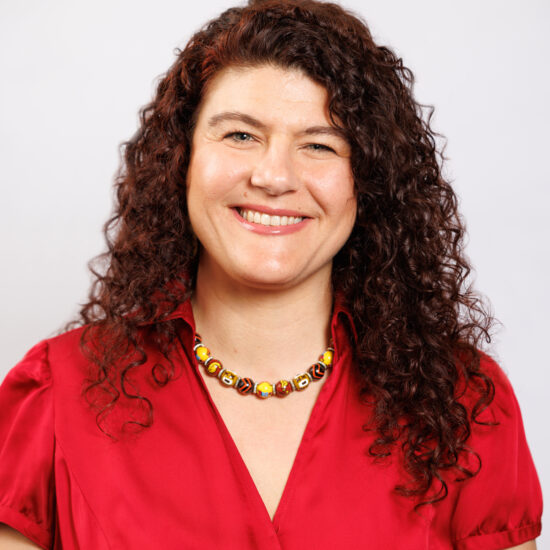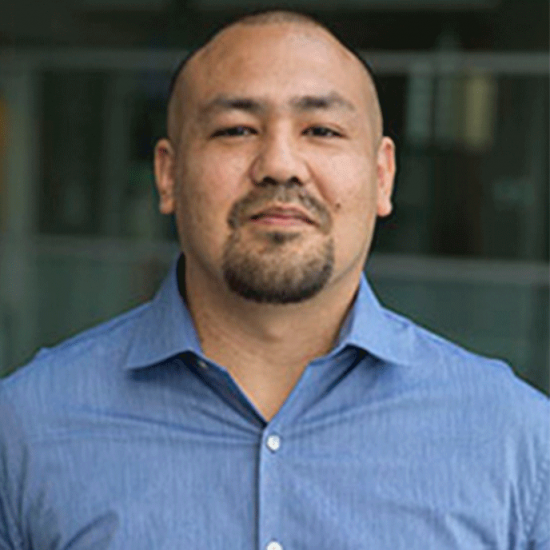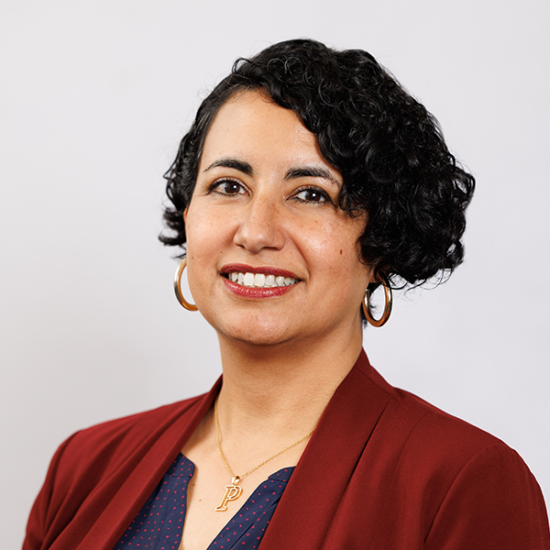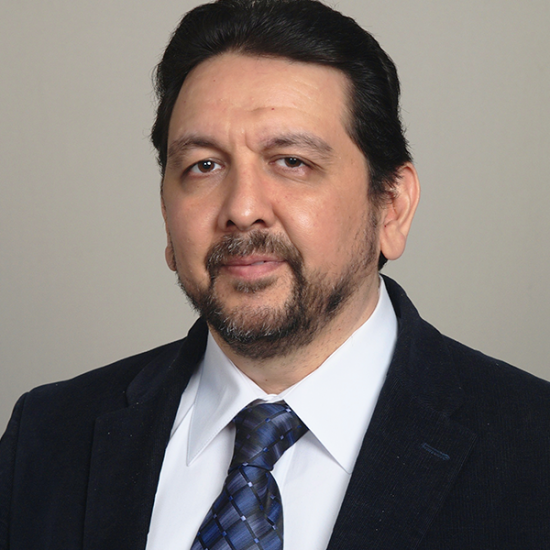The MEd in Language, Literacies and Learning (LLL) program prepares educators to meet the unique challenges of language and literacy learning in a multicultural and digital world. The program promotes an expansive definition of literacy that includes digital as well as hands-on learning, with a focus on teaching in multicultural, multilingual urban contexts and addressing issues of language and literacy among English learners.
Learn from our faculty experts in curriculum and instruction, literacy, language and culture
Through coursework with our Curriculum & Instruction faculty, become an expert in one or more of the following areas:
- Language and literacy instruction (including ESL, critical digital literacies) in elementary classrooms, secondary classrooms, and alternative settings such as out-of-school contexts and adult education contexts
- Language and literacy research and its impact on practice and policy
- Strategies for school, district, and curricular leaders to support language and literacy teaching and learning
Students can also take advantage of College of Education resources such as the Make Good Lab, the UIC Center for Literacy, and the UIC Reading Clinic.
Program graduates work on positions that build crucial reading and writing skills from early childhood education through adult education, and also serve as educational leaders.
Reading & Bilingual/ESL endorsements for licensed teachers
Licensed classroom teachers can earn the following endorsements in this program:
Professional Development: Super Saturday
Super Saturday is an annual professional development day for K-12 teachers and leaders. Chicago area educators come to UIC for hands-on workshops on topics like using culturally relevant texts, rethinking reading response, linguistically-responsive instruction, place-based teaching and learning, digital and maker literacies, socially-just literacy teaching, and more.
Degree Requirements
Degree Requirements
Faculty
Frequently Asked Questions
How long does the program take?
The MEd in Language, Literacies and Learning is a 32-hour master’s degree program. Students who take two courses per fall and spring term can complete the program in two years. Students may complete the program more quickly by taking more courses each term, including the summer.
Is transfer of course credit permitted?
Transfer of course credit is not automatic and requires approval of program faculty. Courses cannot have counted toward any other degree. The UIC Graduate College permits no more than 25 percent of the hours to be transferred into the degree. The MEd in Language, Literacies, and Learning will only transfer 8 credit hours of relevant coursework if approved by the program coordinator. It is very uncommon for courses that count toward endorsements to be transferred. For more information about credit transfer procedures, please consult the UIC Graduate Catalog.
Can I work a full-time job and still be a student in the program?
Of course! Most students in the program are practicing teachers, instructional coaches, or work in out-of-school settings. Evening course meeting times help to reduce conflicts between work and academic schedules. Some students do choose to enroll full-time, as well.
When do courses meet?
College of Education courses typically meet once a week in the evenings (5 p.m.–8 p.m.) Monday through Thursday. This differs during the Summer semester. Courses meet more frequently, and some meet during the day once Chicago Public School has let out for summer break.
Is the GRE required?
Do I need an undergraduate degree in education to apply?
Students are welcome from a variety of academic backgrounds. While many of our students are practicing teachers, we often have students who are interested in literacies and language, but not working in PK-12 settings.
Do I need a teaching license to apply?
A teaching license is not required to apply. Some of our students work in out-of-school spaces like museums, after-school programs, maker spaces, and more, while others are licensed teachers. Students interested in pursuing the Illinois Reading Specialist endorsement or ESL-Bilingual endorsement must have an active Professional Educator License. Students from out of state or those who do not have a current license are welcome to take the courses, but we cannot endorse you.
Can I obtain my initial teaching license through your program.
No. We are not an initial licensure program. Please check out the wonderful initial licensure programs at UIC offered in early childhood and special education, if this is your goal.
What can I do with a degree in Literacies, Language and Learning?
Program graduates work in schools as teachers, instructional coaches, and literacy specialists; in central office positions like district literacy or language specialists or administrators; for publishing companies as literacy and language curriculum writers and reviewers; in out-of-school spaces like museums, maker spaces, camps, and youth programming.
How do I apply to the Literacies, Language and Learning program?
Please see the How to Apply page for this program for application instructions. Any questions about starting or completing your application should go to Ana Valenta at agarci5@uic.edu. While we do have rolling admissions, we do recommend that students begin in the fall semester, if at all possible.
Can I afford the degree?
UIC makes every effort to help students pay for the cost of going to college. Our College Financial Aid page can help answer your questions.
Review the UIC tuition and fee schedule and find out more about billing and payment options.
The University of Illinois at Chicago offers six basic types of financial aid for graduate students: fellowships, assistantships, tuition-and-selected-fee waivers, traineeships, loans, and employment. Applicants for these types of aid must be admitted to a graduate degree program or have a completed application pending. Eligibility for loans is determined by the Office of Student Financial Aid. Applicants for loans should go directly to the Office of Student Financial Aid. Applications for fellowships, assistantships, and tuition/fee waivers are available in the department office, the Graduate College Office, and on the Graduate College website. In the administration of these programs and in selecting students for participation in them, the University of Illinois at Chicago adheres to the Nondiscrimination Statement on the Office for Access and Equity website.
What student support does the College of Education provide?
The UIC College of Education is committed to the success of its students. If you have concerns or questions you can stop by the Office of Student Services, or make an appointment to see a faculty advisor. The College encourages a good working relationship between students and their advisors. You can also find support from your professors and fellow students. UIC offers many support programs and opportunities that encourage academic success. Of note, students pursuing the Reading Specialist endorsement and/or ESL-Bilingual endorsement are eligible for the TEACH grant. Your program advisor can help you connect to UIC resources.







